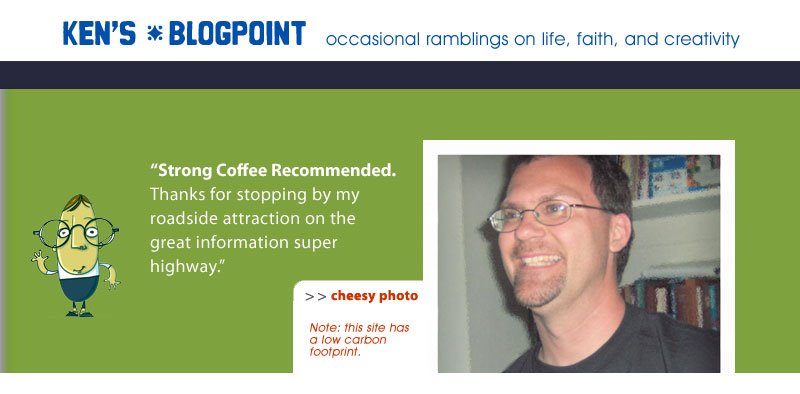are you religious or spiritual
Newsweek just did a feature on the state of American faith and beliefs ("Spirituality in America"). One of the distinctions that surfaced was how people view being "religious" as opposed to being "spiritual." Sample:
The NEWSWEEK/Beliefnet Poll found that more Americans, especially those younger than 60, described themselves as "spiritual" (79 percent) than "religious" (64 percent). Almost two thirds of Americans say they pray every day, and nearly a third meditate.
Many people view being "religious" as a public, formal expression of faith. On the other hand, being "spiritual" is a personal matter or search. Being "religious" is seen as rigid, dry, old. Being "spiritual" is new, meaningful, and fluid. In our contemporary setting and experience, this may be true. Historically, the words were used fairly synonymously. Click here to cast your own vote.
Another important distinction that surfaced is that being "religious" often has to do with the search for truth while being "spiritual" is the search for experience. Given that, I'm not surprised that the number of those who consider themselves spiritual has outgrown the number who consider themselves to be religious.
Here's an interesting sidebar from Martin Marty:
The American spiritual journey can best be understood if we chart three of its sometimes parallel but often divergent routes.
First, most people pursue their search in traditional sanctuaries, though often in untraditional ways. Thanks to Vatican II, many walls separating Roman Catholics from other believers turned porous. Now "ecumenical" Protestants and Catholics—often joined by Jews and now Muslims and others—share prayers and work together as we saw them typically doing after 9/11. They rework traditional liturgies or sing old songs to a new beat. Many sober Fundamentalists mutate into exuberant Evangelicals, while spirit-filled Pentecostals challenge staid worshipers.
A second path takes the spiritual-minded into activism. If in the years immediately before "Protestant-Catholic-Jew" many sat back in comfortable pews, now their heirs are challenged to take political stands, pro and con. Some claim that theirs is the only true American way, and that those who take other paths must be "secular humanist" or nonreligious. The accused rail against those they call theocrats. If the midcentury revival represented an era of spiritual good feelings, in the new millennium ill feelings test the hospitable spirit that should characterize the religious quest.
The third path would have been the biggest surprise in 1955: millions speak of their being "spiritual but not religious." They shun the disorganized fronts of what they call "organized religion," and go their own way, sometimes finding new company. You will find them at retreats or book signings where the Tibetan Dalai Lama is almost as recognized a figure as the pope or Billy Graham. Devotees of alternative medicine speak of their disciplines as spiritual. To their critics these all look unmoored—reckless adventurers on stormy seas under foggy skies. The adventurers consider themselves pilgrims on solid ground, joining all the others on the paths of the never-ending, newly prospering spiritual journey, and they keep inviting more company from among their compatriots.
Marty is a professor emeritus at the University of Chicago, where he taught religious history.
LifePoint's full name is LifePoint Christian Community. We intentionally choose not to call ourselves a "church" although we are a church. We will do our best to function as biblical community of Christ-followers, or what the New Testament refers to as a "church." But we also understand that the biblical definition of "church" is not what most people think of when they hear "church."
Perhaps a new perspective is needed, one I call "Christian spirituality." In other words, the individual's search for meaning can best be discovered inside a community of people who operate within the boundaries of truth. This is not a formal, dry process but a tapesty of relationships that have been bonded by a shared experience with Jesus.







No comments:
Post a Comment